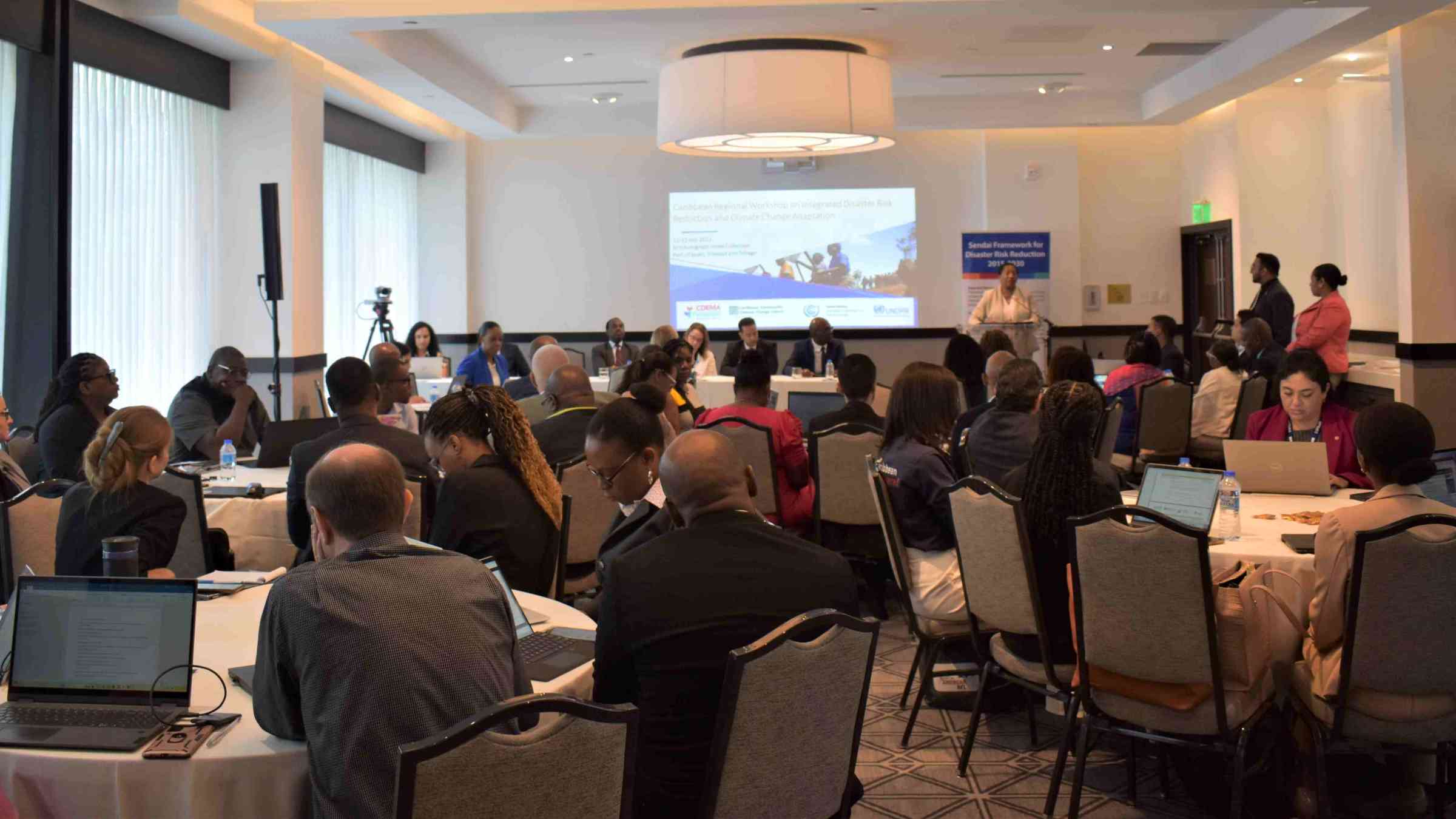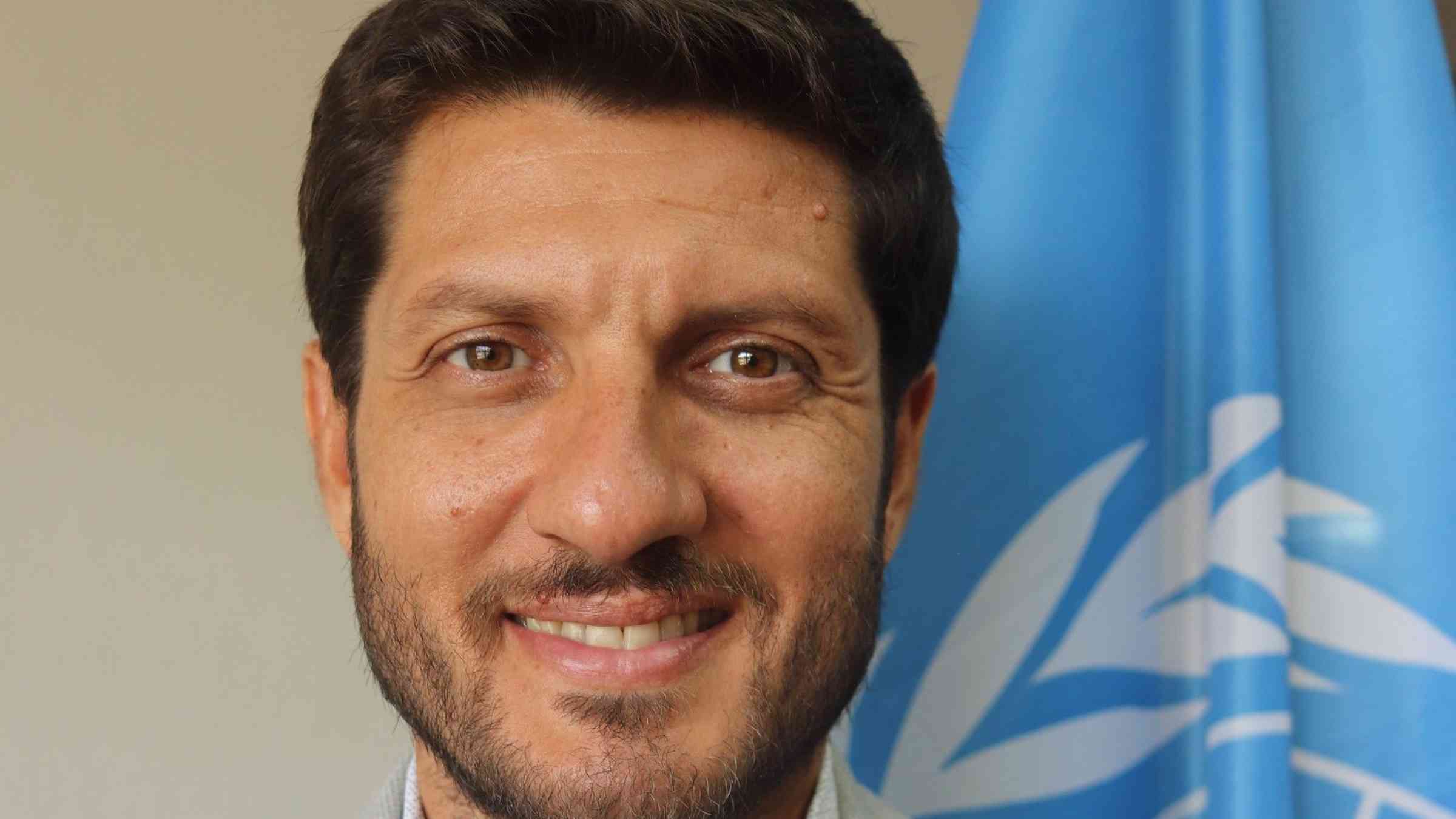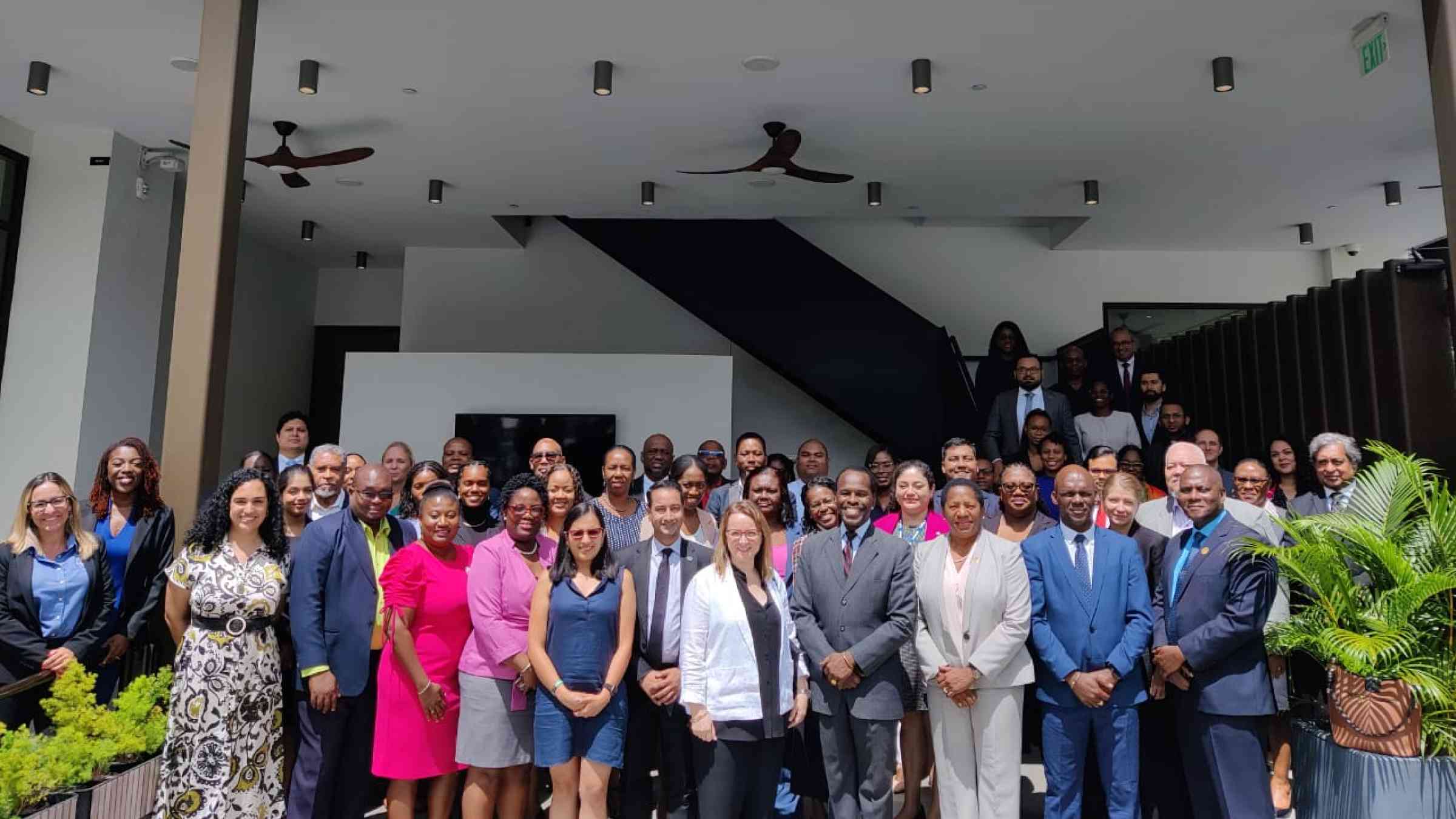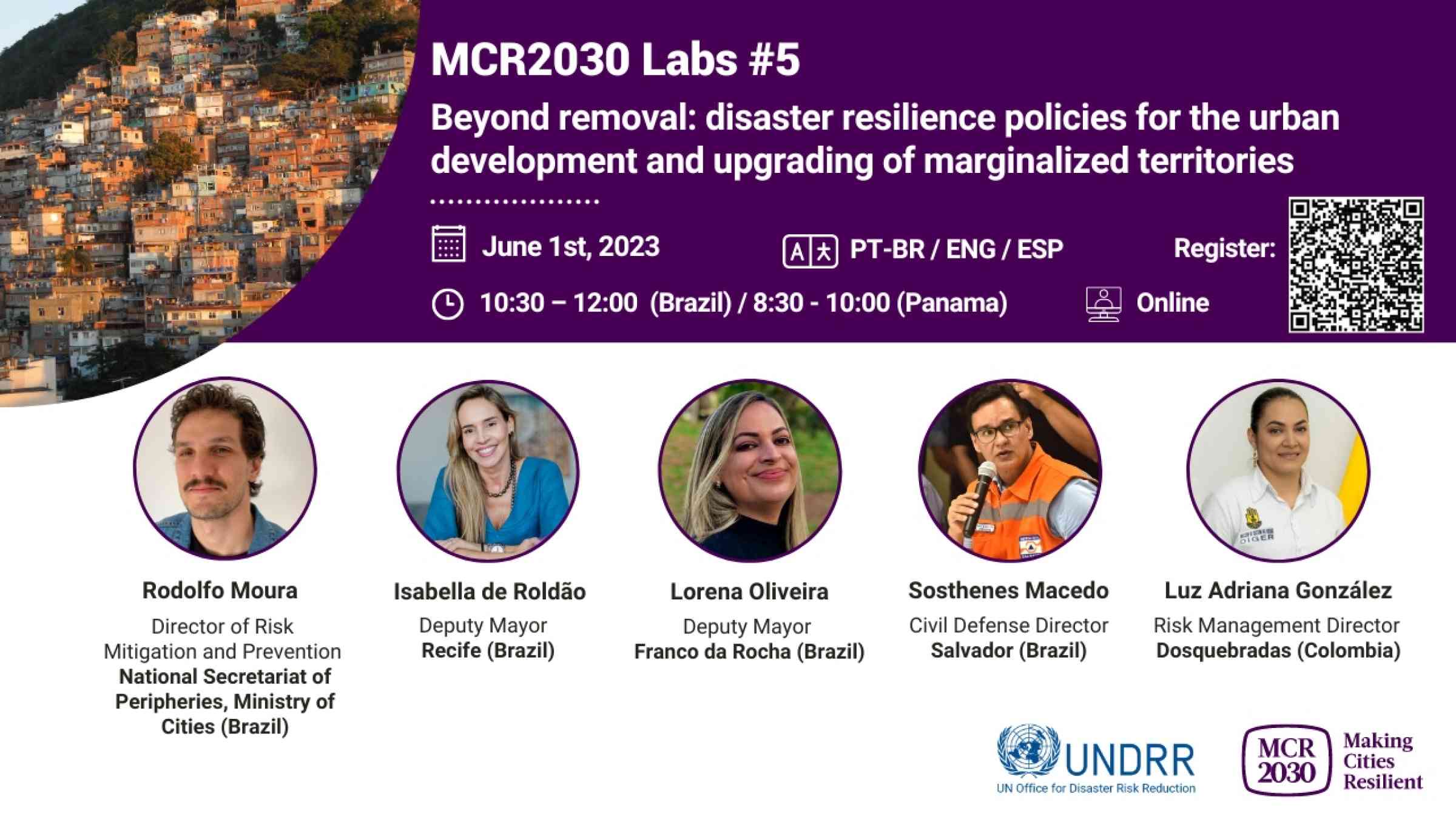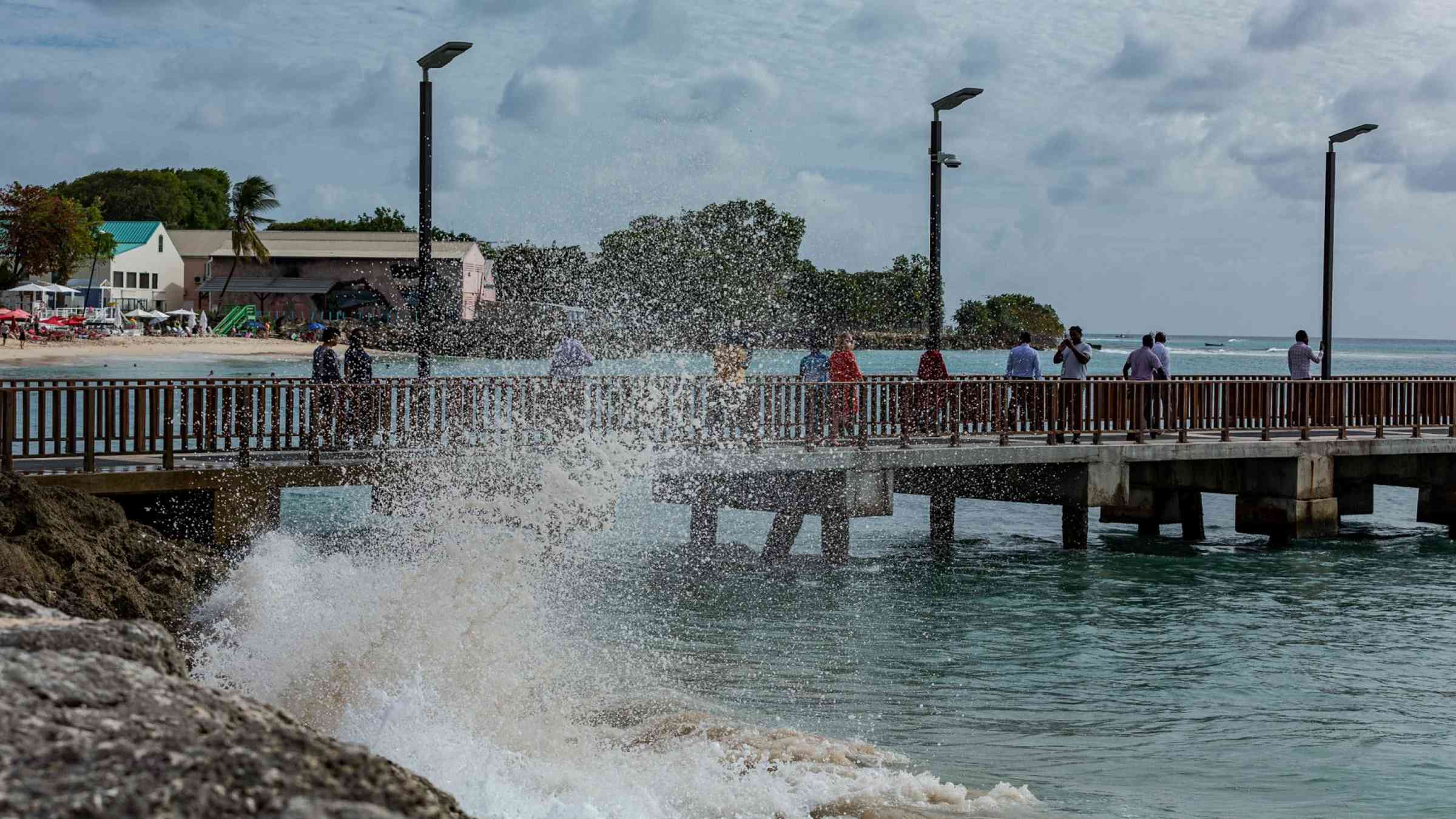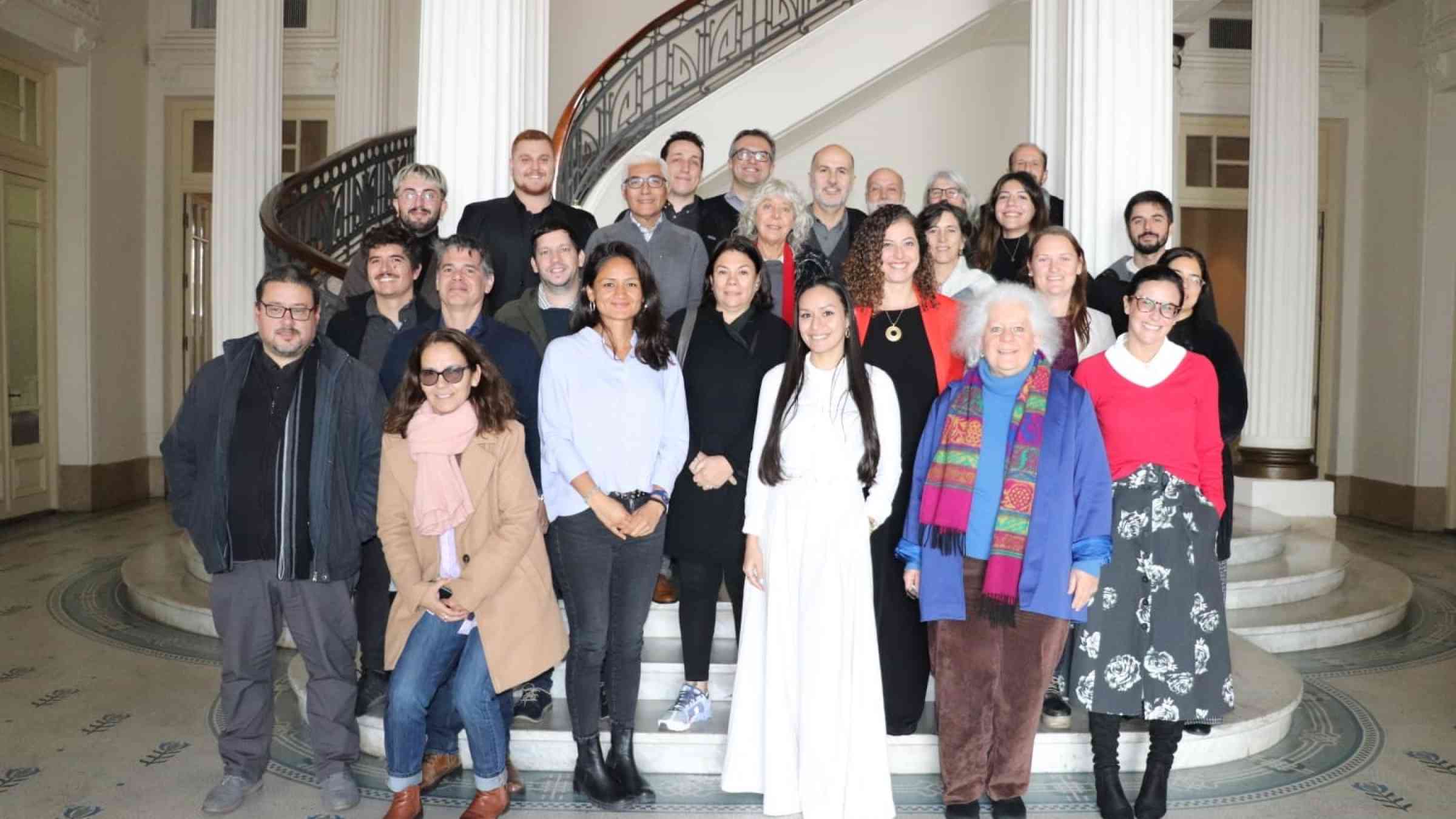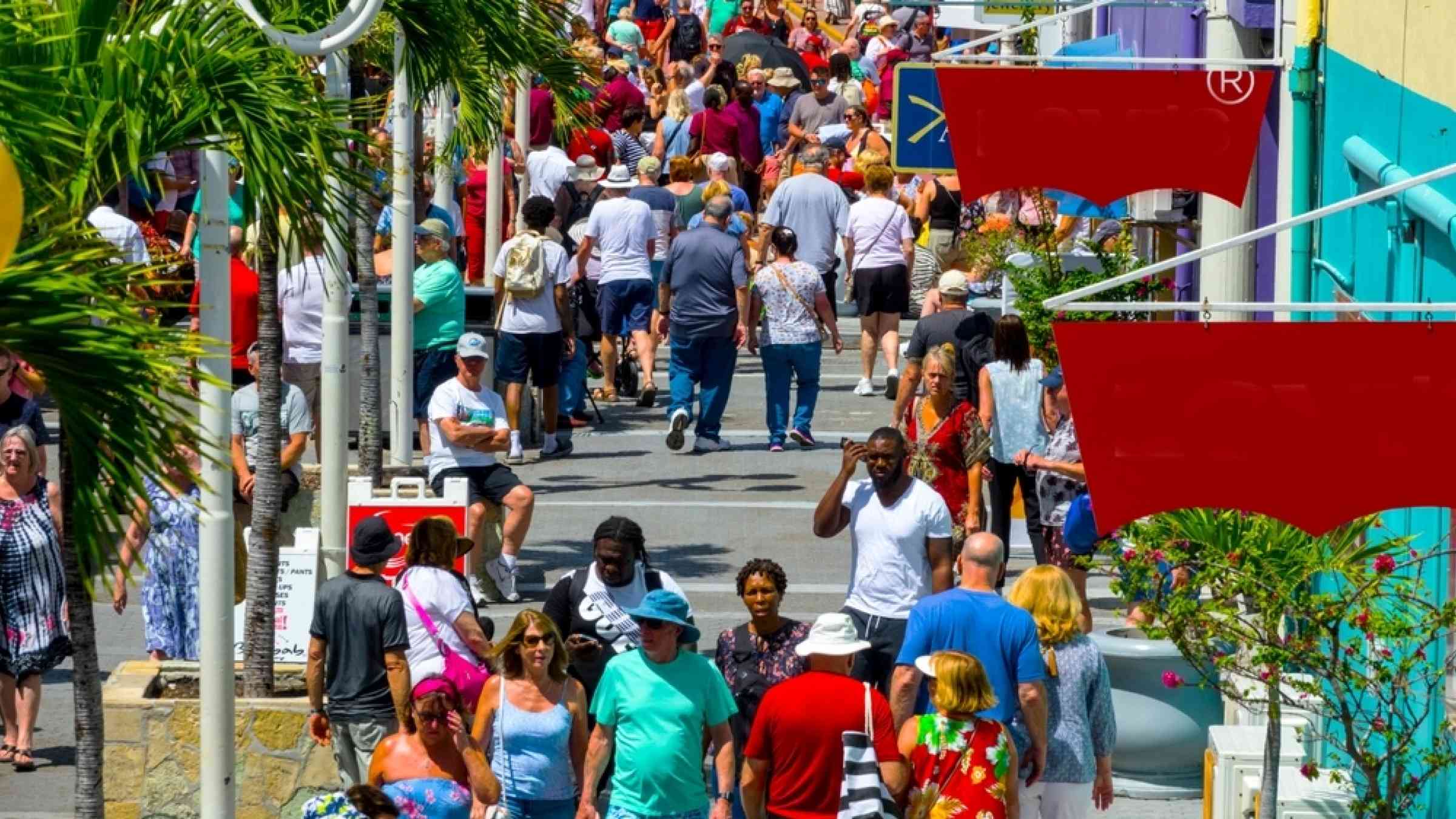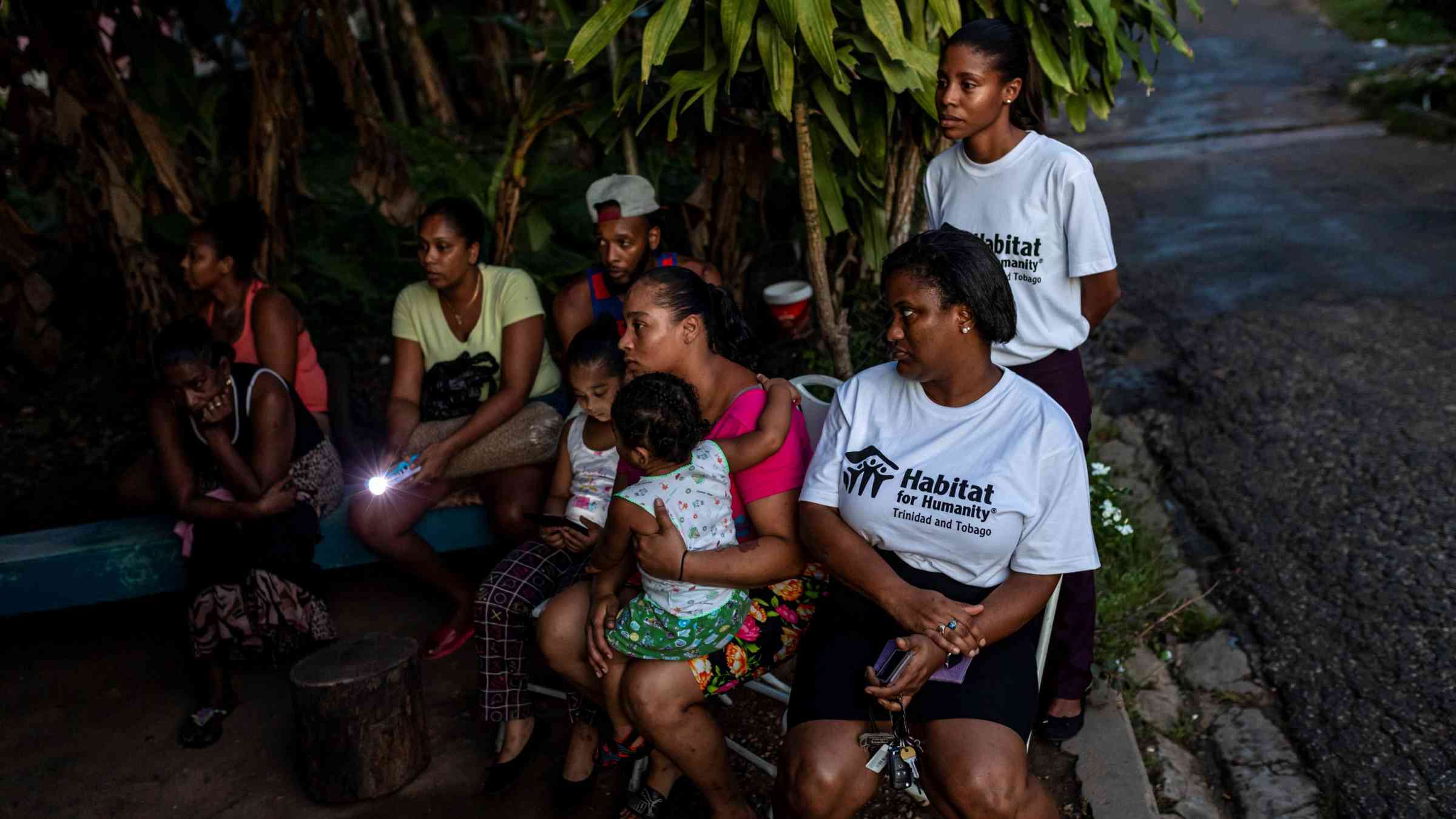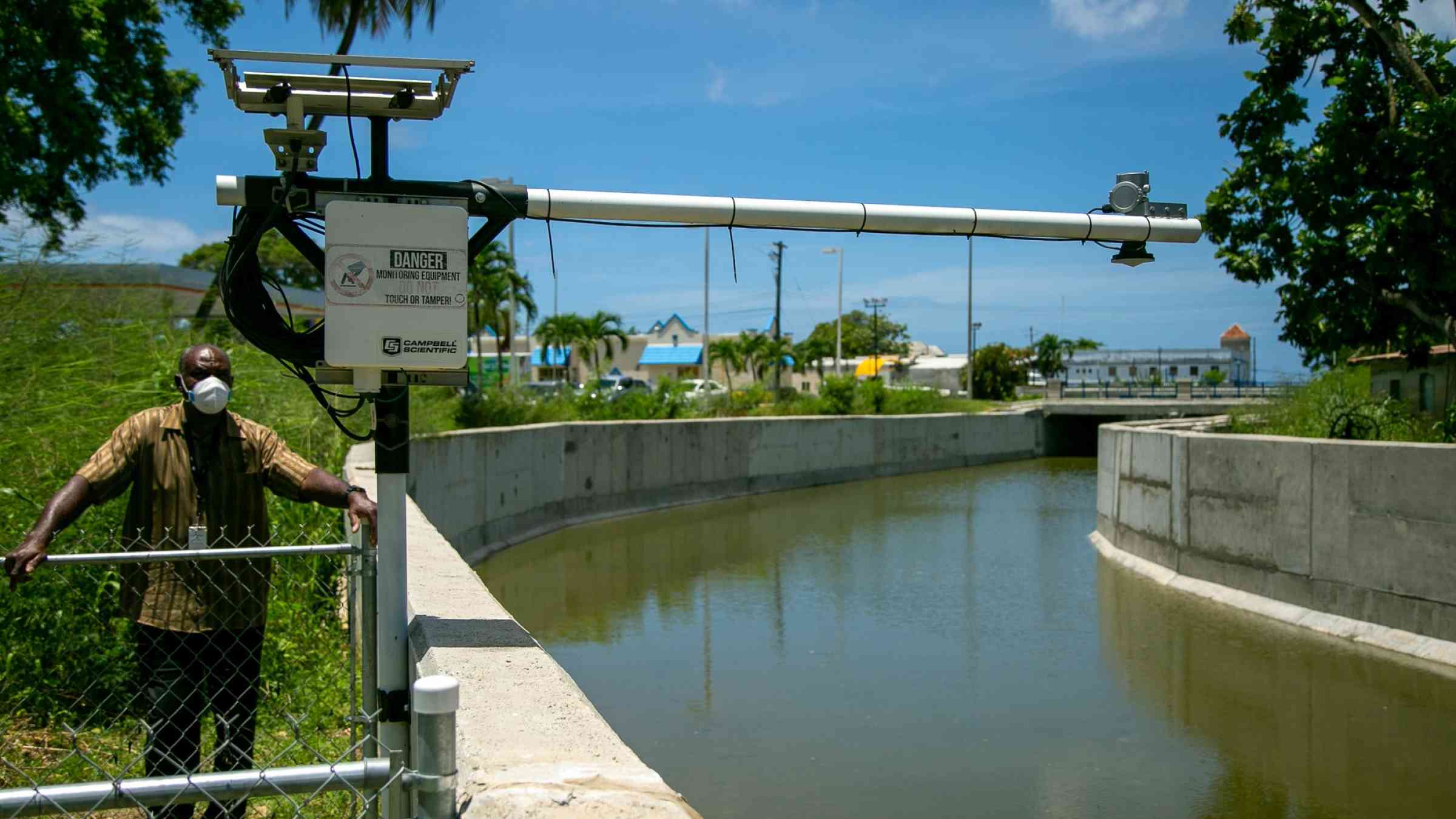Learn more about UNDRR's work with this country and in the region.
Americas
Pagination
Related resource

Explore more DRR activities and resources for Americas on PreventionWeb.
Is this page useful?
Yes No Report an issue on this pageThank you. If you have 2 minutes, we would benefit from additional feedback (link opens in a new window).
